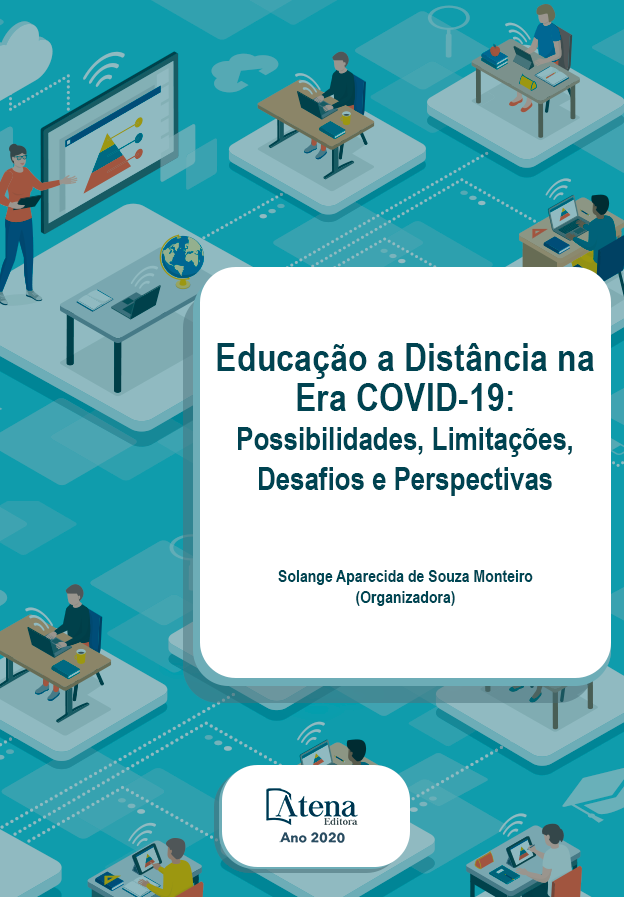
ENSINO SUPERIOR EM TEMPOS DE PANDEMIA: UMA REFLEXÃO CRITICA
O presente artigo tem como objetivo geral redesenhar um paradigma emergente que venha atender através do ensino híbrido ás necessidades educativas, em que as dimensões humanísticas, social, econômicas, sejam contempladas. Nesse sentido desenvolveu-se uma pesquisa bibliográfica dedutiva com suporte em autores como Benedito (1995), LDBEN (1996), Garcia (2003), Pimenta (2002), Coutinho (2017), Nóvoa (1992). Como resultados da pesquisa revelou-se imprescindível o uso das novas tecnologias como metodologias ativas juntamente com a formação docente capazes de dar continuidade ao ensino aprendizagem no período da pandemia em que a humanidade e nossa sociedade atual a nível nacional e local vem passando. Diante da necessidade de atender aos docentes e alunos, despreparados para efetivar esse conhecimento cientifico-tecnologico está sendo possível, através do aprender-fazendo, buscando a construção de um novo paradigma que envolva o pedagógico, o tecnológico e o social. Diante de fatos, que fogem á nossa vontade, é necessário que o processo ensino-aprendizagem se torne mais forte, que o déficit do conhecimento se torne o menor possível, conscientes dessa corresponsabilidade, do engajamento dos agentes educativos: professores e alunos. Para tanto, precisamos utilizar metodologias ativas, que façam interconexão do conteúdo com o contexto social dos alunos, numa relação humanística, solidária e empática.
ENSINO SUPERIOR EM TEMPOS DE PANDEMIA: UMA REFLEXÃO CRITICA
-
DOI: 10.22533/at.ed.0582001126
-
Palavras-chave: Educação. Paradigma. Formação docente.
-
Keywords: Education. Paradigm. Teacher training.
-
Abstract:
This article has the general objective of redesigning an emerging paradigm that will meet, through hybrid teaching, educational needs, in which the humanistic, social, economic dimensions are contemplated. In this sense, a deductive bibliographic research was developed with support from authors such as Benedito (1995), LDBEN (1996), Garcia (2003), Pimenta (2002), Coutinho (2017), Nóvoa (1992). As a result of the research, it was essential to use new technologies as active methodologies together with teacher training capable of continuing teaching and learning during the pandemic period in which humanity and our current society at a national and local level has been going. In view of the need to assist teachers and students, unprepared to make this scientific-technological knowledge effective, it is possible, through learning-doing, seeking to build a new paradigm that involves the pedagogical, the technological and the social. In the face of facts that are beyond our control, it is necessary for the teaching-learning process to become stronger, for the knowledge deficit to become as small as possible, aware of this co-responsibility, of the engagement of educational agents: teachers and students. For this, we need to use active methodologies that interconnect the content with the students' social context, in a humanistic, supportive and empathic relationship.
-
Número de páginas: 11
- REGINA MARIA TELES COUTINHO


